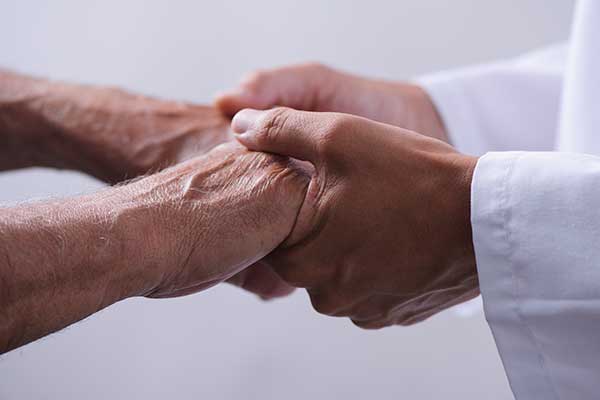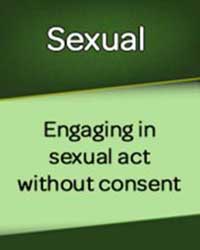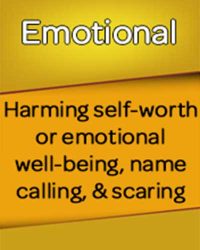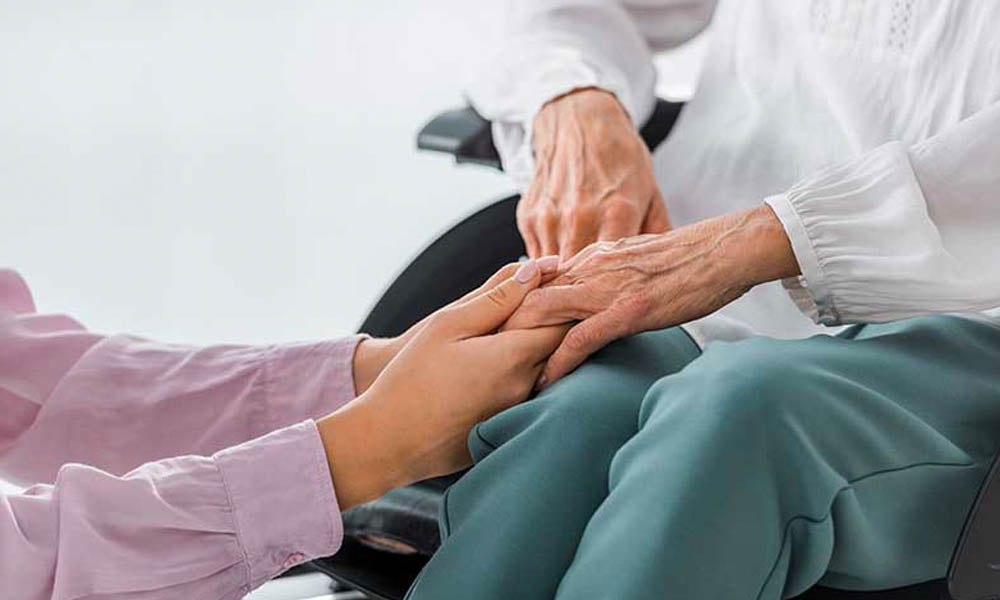According to the National Institute on Aging, approximately 1 in 10 adults over the age of 60 are abused, neglected, or exploited. So it’s important to understand the warning signs of elder abuse to protect your friends and loved ones from violence, exploitation, and theft.
Elder abuse often affects seniors who rely on others for help with the day-to-day activities of life – dressing, bathing, eating, and taking medications. This often happens to seniors with no family or friends living close by or those that are frail or have a disability are often targeted. The majority of victims are women, but men experience elder abuse as well.
7 Types of Elder Abuse
-
Abandonment is when a caregiver leaves an individual alone without arranging for his or her care.
-
Psychological abuse, sometimes called emotional abuse, includes acts such as yelling, verbal abuse, demeaning speech, threats of physical violence, or repeatedly ignoring an individual’s request for assistance. It may also involve a caregiver who isolates an individual preventing him or her from seeing or communicating with their family members.
-
Physical abuse occurs when someone causes physical harm to an individual by slapping, hitting, or pushing.
-
Neglect occurs when a caregiver refuses to respond to an individual’s needs. More than half of reported cases involve neglect. This may occur intentionally or unknowingly. The caregiver may not be aware of or may be in denial of the individual’s need for routine care.
-
Sexual abuse consists of a caregiver forcing an older adult to participate in a sexual act against their will. This type of abuse can be prevalent in individuals with diminished mental capacity.
-
Healthcare fraud occurs when members of the healthcare community knowingly defraud an individual. Types of healthcare fraud affecting seniors include:
- Overcharging for a medical bill
- Double-billing for medical care or services
- Falsifying Medicare, Medicaid or health insurance claims
- Billing for care that was never received
- Getting kickbacks for referrals to another doctor, or for prescribing certain drugs
For seniors in a long-term care facility or nursing home:
- Evidence of inadequate or insufficient care. This may involve insufficient or poorly trained staff, facility overcrowding, or the staff providing insufficient answers to questions about care
- Evidence of medication being given too often or not often enough
Caregivers should routinely check the accuracy of requested healthcare payments.
-
Elderly financial abuse occurs when someone steals money or belongings. This may include:
- Taking money from a senior’s bank accounts
- Forging stolen checks
- Stealing payments such as retirement checks, social security benefits, pension, etc.
- Charging purchases to a senior’s credit card without permission
- Identity theft
Read more about elderly financial abuse and how to prevent it.

What are the Warning Signs of Elder Abuse?
Changes in an individual’s personality or behavior may be a general sign of elder abuse. Frequent arguing between the individual and the caregiver may also be a sign. If you suspect a loved one or friend is being abused look for the following warning signs:
Signs of physical abuse
- Unexplained signs of physical injury, such as bruises, burn marks, welts or scars
- Ankle sprains, broken bones, joint dislocations
- Consistent complaints of pain
- Broken eyeglasses or frames
- Signs of restricted freedom of movement, such as rope marks on arms
- Recurring injuries
- Untreated or poorly treated injuries
- An injury that is hidden under clothing
- Poor hygiene
- Weight loss
- Hair loss
- Malnutrition or dehydration
- Soiled clothing or bedding
- Depression
- Withdrawal
- Being fearful of caregivers and a reluctance to talk openly
- Unexplained agitation

Signs of Sexual Abuse

- Stained or torn underwear
- Bruising on the breasts or genitals
- Unexplained bleeding from the genital or anal area
- Difficulty walking or sitting
- Unexplained genital infections or sexually transmitted diseases
- Recurring injuries
- Untreated or poorly treated injuries
- Withdrawn or overly aggressive behavior
- Inappropriate interactions or touching between the victim and the perpetrator
Signs of Psychological or Emotional Abuse
Psychological or emotional abuse is defined as the purposeful infliction of distress, anguish, or mental anxiety through either harmful verbal or non-verbal communication. Signs of psychological or emotional abuse include:

- Unaccountable signs of weight loss or weight gain
- Increased stress levels (developing high blood pressure)
- Sleep problems – tired from lack of sleep, or sleeping too much
- Signs of confusion or withdrawal from others – depression
- Become fearful when the caregiver is present
- Non-responsive to questions or comments
- Untreated or poorly treated injuries
- Displays unusual behavior such as rocking or biting
- Displays nervous tics such as eye-blinking or shoulder-shrugging
Signs of Neglect or Self-neglect
Neglect is defined as a caregiver’s denial to provide adequate care for an individual. Neglect may be unintentional if the caregiver is unaware or it may be intentional. Self-neglect is the result of a person’s own action or inaction involving their self-care. Signs of neglect or self-neglect include:

- A lack of personal hygiene (not taking regular baths, dirty nails and skin, matted hair, the presence of feces or urine)
- Skin rashes or bed sores
- A minor injury or infection that goes untreated
- Malnutrition or dehydration (not eating proper meals or drinking enough liquids)
- Unexplained weight loss
- Unsanitary or unsafe living conditions
- A lack of food in the home
- Dirty or inadequate clothing
- A lack of medical aids (hearing aids, dentures, glasses)
- Unpaid household bills (the electricity is shut off)
- Sudden loss of appetite not related to a medical condition
If you suspect an elderly family member, friend, or neighbor is experiencing abuse, report it to the proper authorities.


